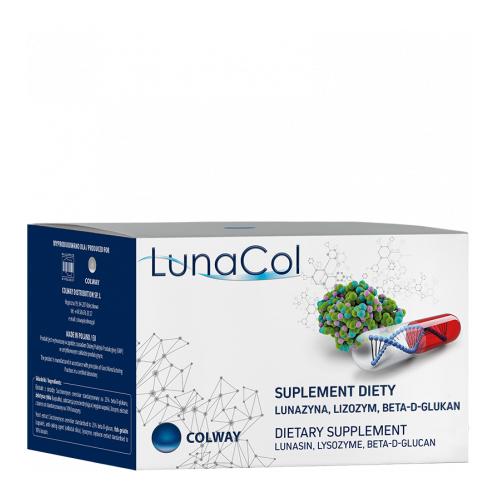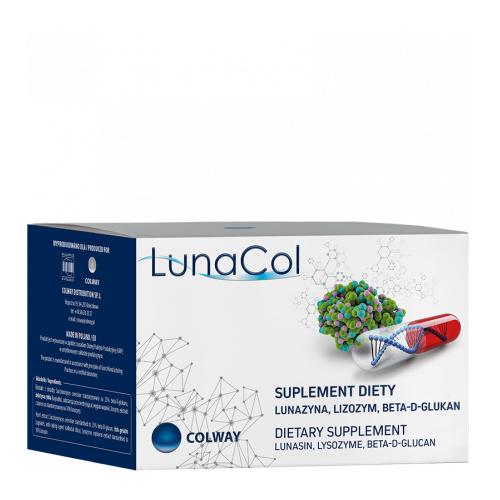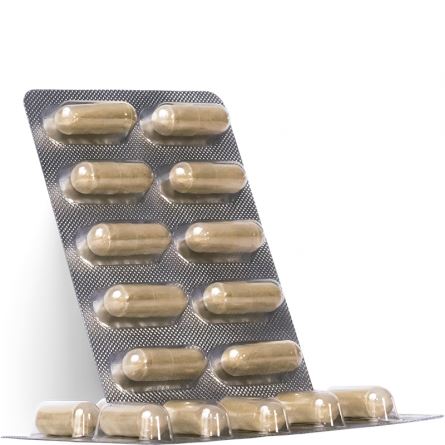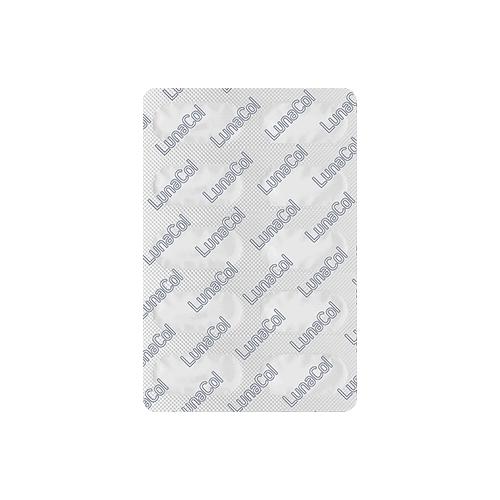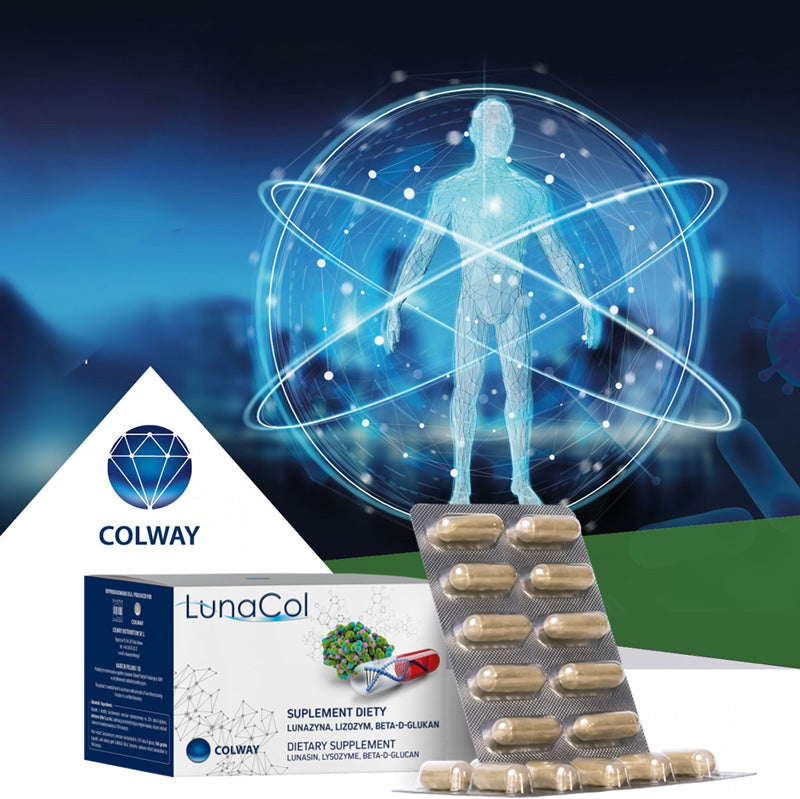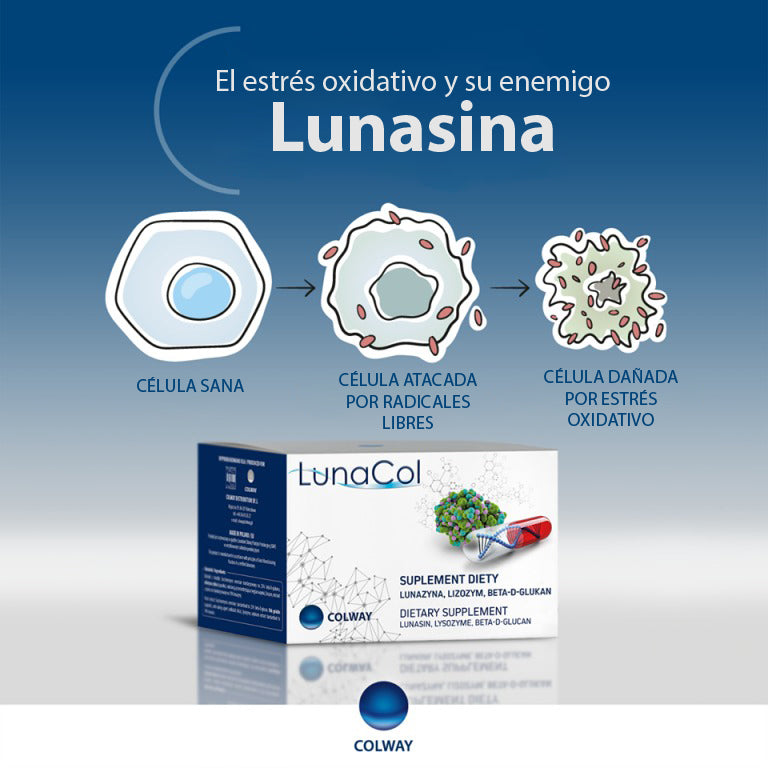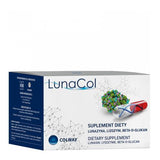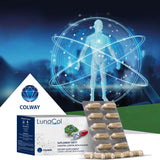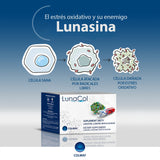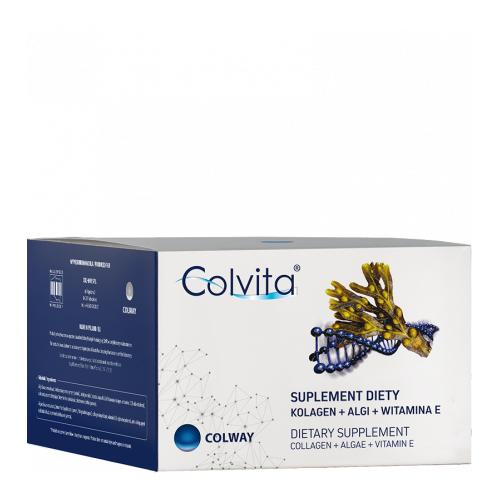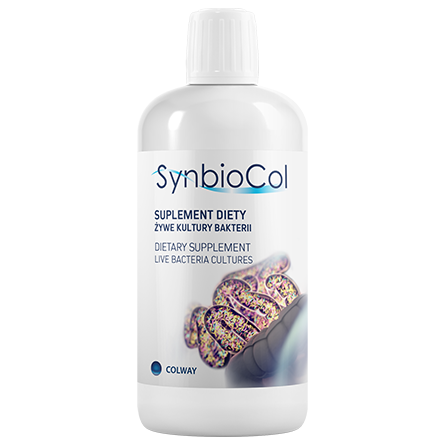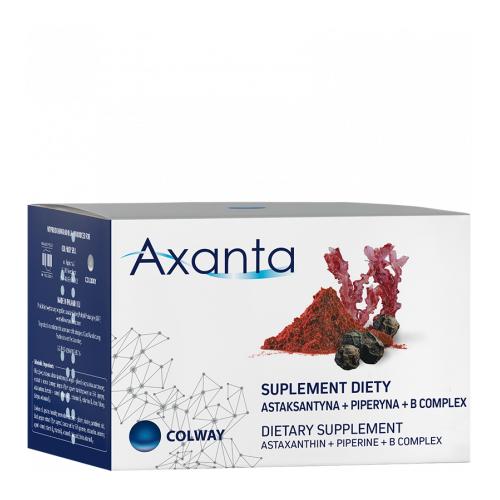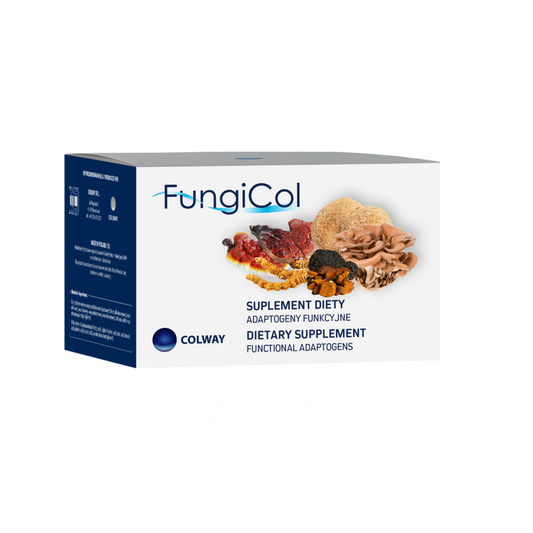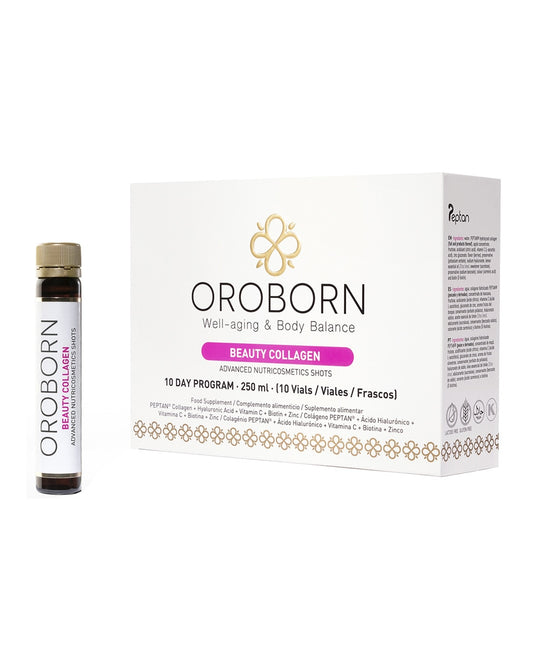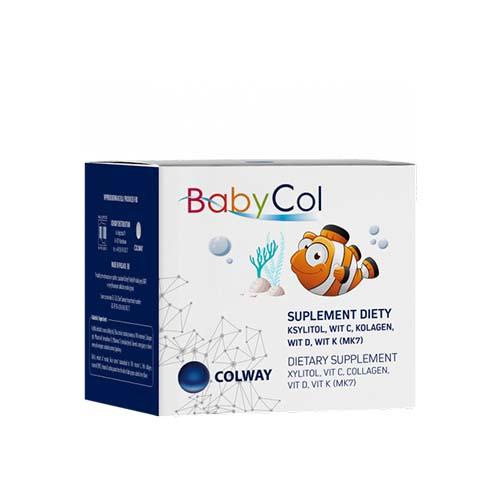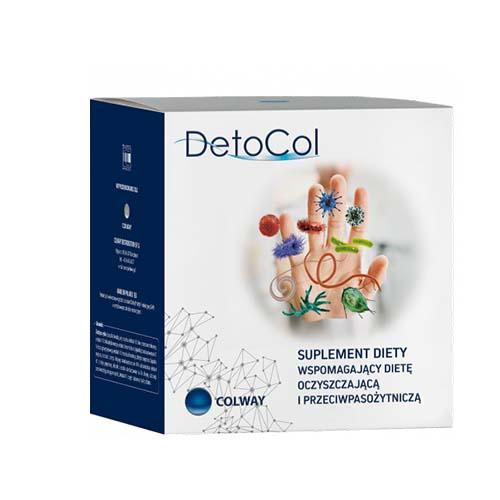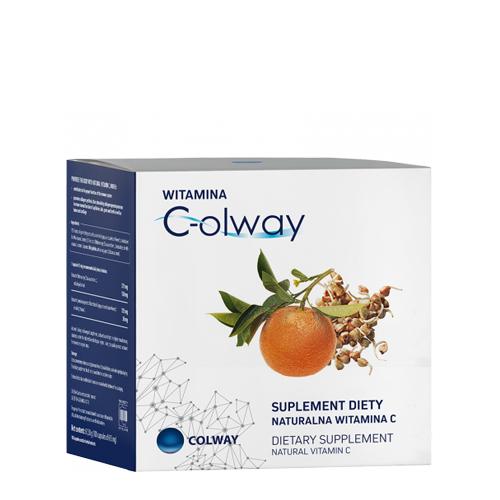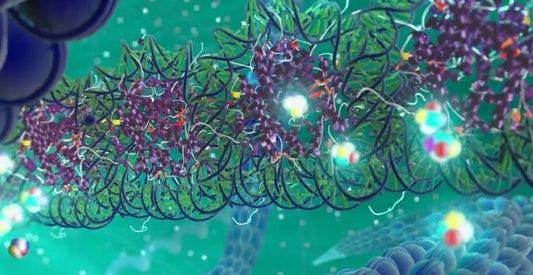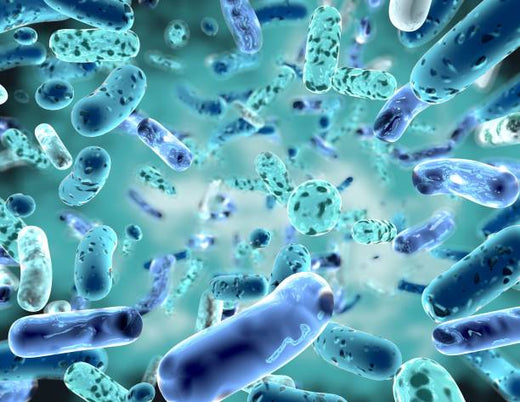The Discovery and Impact of Lysozyme
Alexander Fleming's discovery of Lysozyme in 1922 marked a turning point in immunological research. Initially observed due to its ability to lyse bacteria, Lysozyme was later understood to play a much more expansive role in the innate immune system. Fleming, more renowned for his discovery of penicillin, actually regarded Lysozyme as a more significant find, a sentiment echoed by many in the scientific community.
Lysozyme's discovery opened doors to a new understanding of the body's natural defence mechanisms. It paved the way for further research into how our immune system combats pathogens and highlighted the importance of natural antimicrobial agents. This discovery was particularly crucial in the pre-antibiotic era, offering a glimpse into the body's inherent ability to fight infections.
Lysozyme's Mechanism of Action Against Bacteria
At its core, Lysozyme is a cationic protein capable of breaking down the peptidoglycan layer of bacterial cell walls, primarily targeting Gram-positive bacteria. This destructive capability hinges on Lysozyme's ability to cleave the bonds within the peptidoglycan layer, causing the bacteria to rupture and die.
The mechanism is both elegant and brutal in its simplicity. Lysozyme binds to the polysaccharide chain of the bacterial cell wall. Once attached, it enzymatically cleaves the glycosidic bond between N-acetylmuramic acid (NAM) and N-acetylglucosamine (NAG), two critical components of the peptidoglycan layer. This disruption weakens the cell wall, leading to osmotic imbalance and ultimately, the death of the bacteria.
Lysozyme in the Innate Immune System
Lysozyme's role in the innate immune system is multifaceted. As a part of the body's first line of defence, it is present in various bodily fluids, including saliva, tears, and mucus, where it serves as a guardian against pathogenic invasion.
Its presence in these fluids is no coincidence. These are the areas of the body most frequently exposed to environmental pathogens. By positioning Lysozyme here, the body ensures that any potential threats are quickly neutralized before they can cause harm. This proactive defence mechanism is crucial in maintaining health and preventing infections.
Lysozyme and Its Significance in Breastfeeding
The presence of Lysozyme in breast milk is of particular interest to immunologists. Breast milk is not just a source of nutrition; it's a complex, immune-boosting substance. Lysozyme in breast milk plays a dual role. Firstly, it provides direct antimicrobial protection to the infant, who has an underdeveloped immune system. Secondly, it contributes to the development of the infant's own immune system, laying the foundation for a healthy life.
Breast milk is the first and most natural form of immune system education for an infant. The Lysozyme present in it teaches the infant's body how to recognize and respond to microbial threats. This early exposure is critical in building a robust and responsive immune system.
Comparative Analysis: Lysozyme vs Other Antimicrobial Agents
When compared to other antimicrobial agents, Lysozyme stands out for its specificity and minimal side effects. Antibiotics, for instance, can indiscriminately target both harmful and beneficial bacteria, disrupting the body's natural microbiome. Lysozyme, however, is more selective, primarily targeting Gram-positive bacteria and leaving beneficial microbes largely unaffected.
This specificity is crucial in maintaining the delicate balance of the body's natural flora. It reduces the risk of developing antibiotic resistance, a growing concern in modern medicine. Lysozyme's ability to work in synergy with the body's natural defences, rather than overriding them, makes it a unique and valuable antimicrobial agent.
Lysozyme in Immunodeficiency Disorders
In individuals with immunodeficiency disorders, the importance of Lysozyme becomes even more pronounced. These disorders, which can be either congenital or acquired, result in a weakened immune system that is less capable of defending against pathogens.
Lysozyme's role in such cases is twofold. First, it helps compensate for the weakened immune response, offering a line of defence against bacterial infections. Second, it becomes a critical factor in diagnosing and managing these disorders. Understanding how Lysozyme functions in these conditions can provide valuable insights into the nature of the immune deficiency and guide treatment strategies.
Lysozyme in Non-Human Organisms
Lysozyme's role extends beyond human physiology. It is found in a variety of non-human organisms, from simple single-celled bacteria to complex multicellular animals. This widespread presence underscores its fundamental role in the biological defence system.
In animals, Lysozyme serves a similar function to that in humans, providing a line of defence against pathogens. In plants, it contributes to the immune response against microbial infections. Even in bacteria, certain types have evolved to produce Lysozyme-like enzymes, showcasing the universal importance of this molecule in the fight against infection.
Technological Advances in Lysozyme Research
Advancements in research technology have significantly enhanced our understanding of Lysozyme. Techniques like X-ray crystallography have provided detailed insights into its molecular structure, while genetic engineering has allowed scientists to modify and study its functions in various contexts.
These technological advances have not only deepened our understanding of Lysozyme but have also opened up new avenues for its application. From designing new drugs to developing novel therapeutic strategies, the potential uses of Lysozyme continue to grow.
Lysozyme's Potential in Pharmaceutical Applications
The therapeutic potential of Lysozyme is significant. It has been explored for use in treating bacterial infections, particularly those caused by antibiotic-resistant strains. Its specificity and minimal side effects make it an attractive alternative to traditional antibiotics.
Moreover, Lysozyme's potential extends to other areas of medicine. Its anti-inflammatory properties make it a candidate for treating conditions like arthritis, while its role in wound healing suggests potential applications in post-surgical recovery and skin care.
Lysozyme in Food Preservation and Safety
Lysozyme's antimicrobial properties have found a place in the food industry, particularly in food preservation. It is used to extend the shelf life of various food products, from dairy to seafood, by inhibiting the growth of spoilage-causing bacteria.
Its use in food preservation is not only about extending shelf life; it's also about safety. By reducing the risk of bacterial contamination, Lysozyme helps ensure that food products are safe for consumption.
Frequently Asked Questions
- What makes Lysozyme different from antibiotics? Lysozyme differs from antibiotics in several key aspects. Firstly, its mode of action is specific; it targets the peptidoglycan layer of Gram-positive bacterial cell walls, leading to cell lysis. Antibiotics, on the other hand, have a broader range of targets and mechanisms, such as inhibiting protein synthesis or DNA replication in bacteria. Secondly, Lysozyme is considered less likely to contribute to antibiotic resistance due to its natural occurrence in the body and its mode of action. Lastly, unlike some antibiotics, Lysozyme is less disruptive to the body's natural microbiome, targeting harmful bacteria while largely sparing beneficial ones.
- How does Lysozyme contribute to infant health through breastfeeding? Lysozyme plays a pivotal role in infant health through breastfeeding. It's a key component of breast milk, providing infants with a natural form of immune protection. Lysozyme in breast milk helps protect infants from bacterial infections by destroying harmful bacteria. Additionally, it supports the development of the infant's own immune system, preparing it to effectively respond to pathogens in the future. This is particularly crucial for newborns, whose immune systems are still developing.
- Can Lysozyme be used to treat antibiotic-resistant infections? There is growing interest in using Lysozyme as a potential treatment for antibiotic-resistant infections. Its unique mechanism of breaking down bacterial cell walls offers an alternative to traditional antibiotics, which often target bacterial metabolism or DNA replication. While research is ongoing, Lysozyme presents a promising avenue, especially in cases where bacteria have developed resistance to conventional antibiotics.
- What are the potential side effects of using Lysozyme in medicine or food preservation? Lysozyme is generally considered safe and well-tolerated in both medical and food preservation contexts. However, like any bioactive substance, it could potentially cause allergic reactions in some individuals, especially those with egg allergies, as Lysozyme is commonly derived from egg whites. In medical applications, its long-term effects when used as a therapeutic agent are still being studied, and more research is needed to fully understand any potential side effects.
- How is Lysozyme production impacting the environment? The environmental impact of Lysozyme production is relatively low compared to many synthetic chemicals. Being a naturally occurring enzyme, it can be produced with minimal ecological disruption. However, the scale of production and the methods used (especially if derived from animal sources like eggs) can have environmental implications. Sustainable production methods and sourcing, such as microbial fermentation, are key to minimizing environmental impact.
- What are the future prospects for Lysozyme in medical research and application? The future of Lysozyme in medical research and application is quite promising. There is potential for its use in treating antibiotic-resistant infections, as well as in novel therapeutic areas like anti-inflammatory treatments and wound healing. Its role in modulating the immune system also opens up possibilities in treating immune-related disorders. Furthermore, advancements in biotechnology may enable the engineering of Lysozyme variants with enhanced properties or specific targeting capabilities, broadening its application in medicine.
Conclusion
Lysozyme's role in immunology, from its antimicrobial properties to its significance in infant health, is a testament to nature's ingenuity. Its discovery by Alexander Fleming and subsequent research have revealed a protein of immense biological importance. As we continue to explore its potential, Lysozyme stands as a beacon of hope in the ongoing quest to understand and harness the power of the immune system.





















































































































